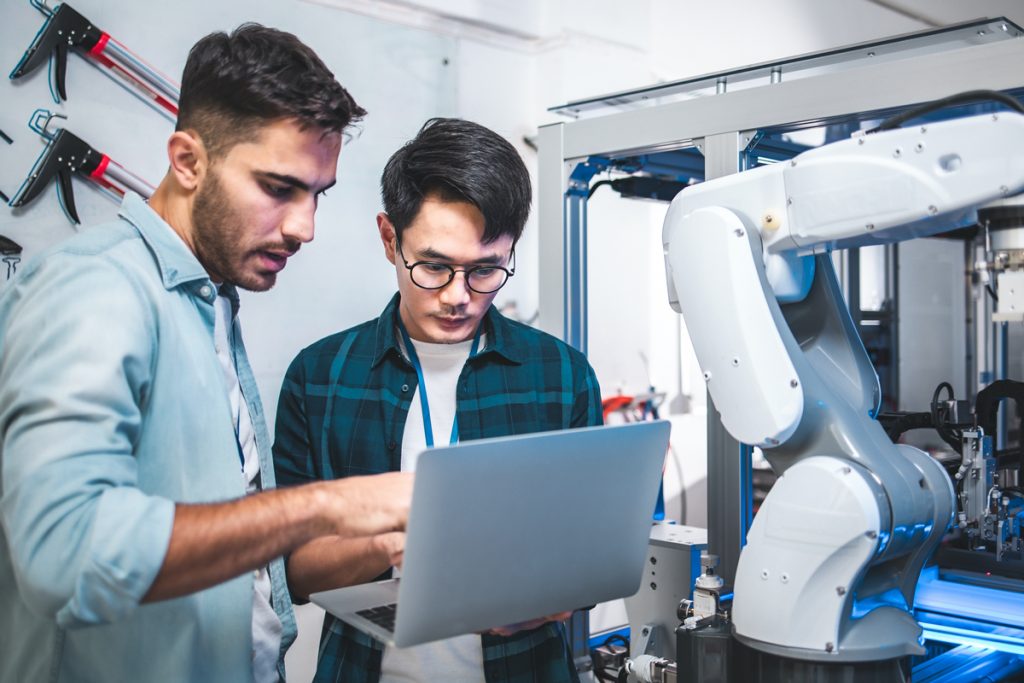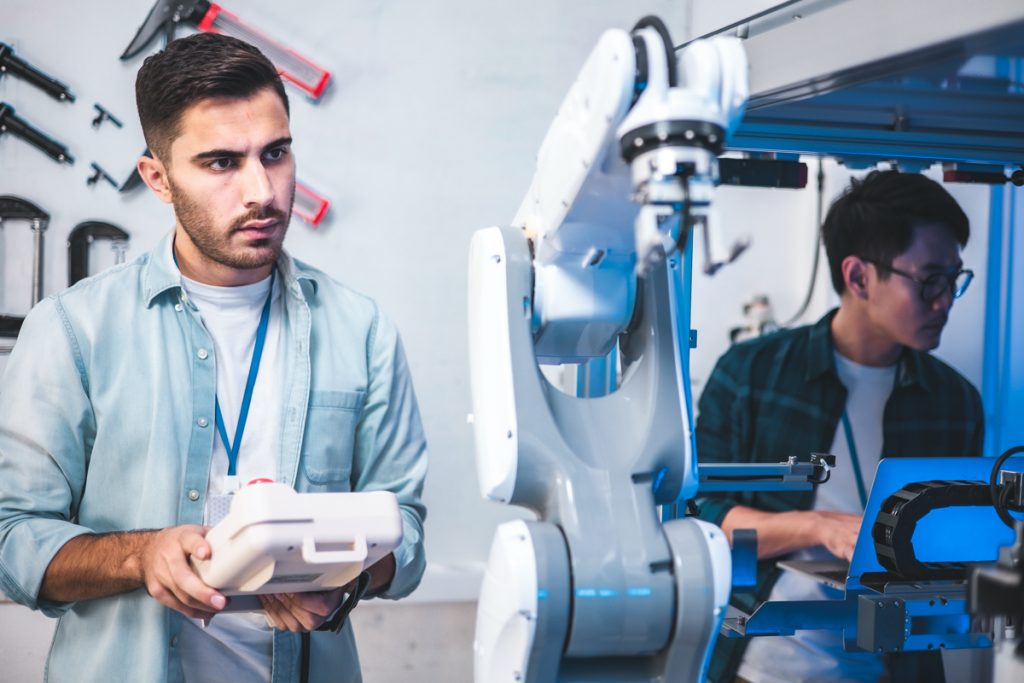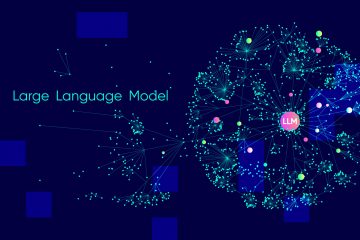Not quite. While certain aspects of customer services can be handled by artificial intelligence, there’s still one key ingredient that makes human contact so important: empathy.
The future of AI is uncertain. On one hand, it has the potential to be a great thing for society. It can help us cure diseases, fix our global warming problem, and offer new jobs in emerging fields like computer science and data analytics. But on the other hand, with every technological advancement comes an inevitable period of adjustment during which we must work out how this new technology will fit into society as a whole.
In order to fully embrace the positive effects that AI can have on our lives, we need to make sure that it’s being used responsibly before blindly jumping head-first into its implementation.
This blog post will cover the future of AI and how customer service will changes in the coming years. In this article, we’ll explore what AI is and how it’s been changing over time. We’ll also look at some of the pitfalls that may come with these advancements in technology. This information will be helpful for anyone who wants to get a handle on the current state of artificial intelligence as well as its future impact on society and businesses.
Let’s dive in!

What is AI?
AI stands for artificial intelligence. It is the capability of a machine to imitate intelligent human behavior. AI has allowed computers and machines to not only mimic humans, but they’ve surpassed human performance in many areas as they learn from their mistakes over time. Technology does much more than what most people realize and current rapid advances will likely lead us into an age of unrecognizable change.

How artificial intelligence is transforming the customer service industry?
With the advent of artificial intelligence, customer service has evolved by leaps and bounds. Gone are the days when customer service representatives were shackled with tedious tasks. AI has replaced humans in many industries and is here to stay. One such example is the chatbot industry. Chatbots have begun to replace customer service representatives and save companies on costs.
The rise of AI in our lives will go beyond customer care too – it will organize and control our homes, cars, pets, health routines, entertainment systems and more. It will drive the economy and take us places we’ve never been – both literally and figuratively. Check how AI changes the eCommerce experience.
Is AI the future of customer service?
There is no doubt that the customer service industry and AI are both rapidly evolving. But, is this a good thing? With more and more customer service being handled by machines, the need for human empathy may become a rarity.
When we think of customer service representatives, it’s typically a human who answers our calls and queries. With AI growing at an exponential rate, so are the number of chatbots taking over basic services. According to Chatbots Magazine, businesses focused on using chatbots for their customer service have seen an increase in productivity by up to 1250%. With this in mind, is AI the new face of customer service?
Not quite. While certain aspects of customer services can be handled by artificial intelligence, there’s still one key ingredient that makes human contact so important: empathy. However, with ever more sophisticated chatbots, it may not just be actual human interaction that disappears…

How will AI impact customer service satisfaction in the future?
With the emergence of artificial intelligence, customer service is expected to change dramatically over the next decade. It is estimated that by the end of 2020, 50% of all customer interactions will be handled without human intervention. The introduction of AI into the field of customer service will result in great benefits that come at a cost. AI will also bring about new problems in research, procurement, and training.
AI can also help companies develop more effective strategies for collecting data and feedback from customers. By using AI technologies such as natural language processing and big data analytics, customer service representatives will be able to analyze the responses provided by customers during a live call and use this information to improve future conversations with other customers.
Benefits and real-world use cases of AI in customer service:
AI in customer service is changing the way people interact with the companies they do business with. AI will be able to provide better experiences for customers by reducing wait times, making product recommendations, and handling complaints and problems in a more personalized way. Every company should use this technology.
AI facilitates a better understanding of the customer:
AI can learn a company’s product offerings and service policies and provide the best experience for its customers. It can also help a company better understand what their customers want by monitoring phone calls, chats, emails, or posts and providing insights into patterns of behavior.
Real-time decision and predictive behavior analysis:
This allows for customers to have a better experience by being served faster, given product recommendations, and getting resolutions to their problems more quickly.
Personalize interactions:
Machine learning can be used to personalize interactions with customers based on what they want or need.
Automated data analysis:
AI can take the text or audio from messages and calls, understand them, and automatically analyze the data which allows organizations to make better decisions.
Automatically resolves issues:
Machine learning algorithms can be used to predict after analyzing data patterns what problems customers are likely encountering and use this information to resolve them without human intervention.
Understands customer behavior:
AI understands customer behavior and is able to predict it so that companies can better meet their needs.
Reduces Time:
AI reduces wait times for customers as it can answer common questions more quickly than a human employee.
How does intelligence change the way businesartificialses and organizations interact with customers?
Artificial intelligence has an important role in changing the way businesses interact with customers. Recently, neural networks are being used to detect fraud and cyber-attacks, predict the behavior of the stock market, recommend products that customers may purchase. Bots also have a positive impact on businesses in terms of automatization and saving time for employees.
Artificial intelligence is capable of recognizing human speech patterns, analyzing images and videos in a very accurate manner, understand the meaning behind data, and categorize documents. It can extract information from different sources (e.g. texts, photos) and analyze it to reach an appropriate conclusion based on that information. This technology has been implemented in so many industries to improve their customer service.

Final Verdict: Use of AI in Customer Service
The customer service industry is evolving rapidly. Companies are turning to artificial intelligence for assistance in order to reduce costs and improve the customer experience. It’s not just AI assistants that can help you grow your business, it’s also chatbots!
Chatbots provide a new level of automation; they answer customers’ questions before humans have time to react or respond.
With this technology, there will be fewer mistakes on both sides because bots don’t get frustrated with long threads of messages and conversations that go nowhere fast. Instead, they offer instant replies along with links to more detailed information if needed – all without any human intervention whatsoever!



